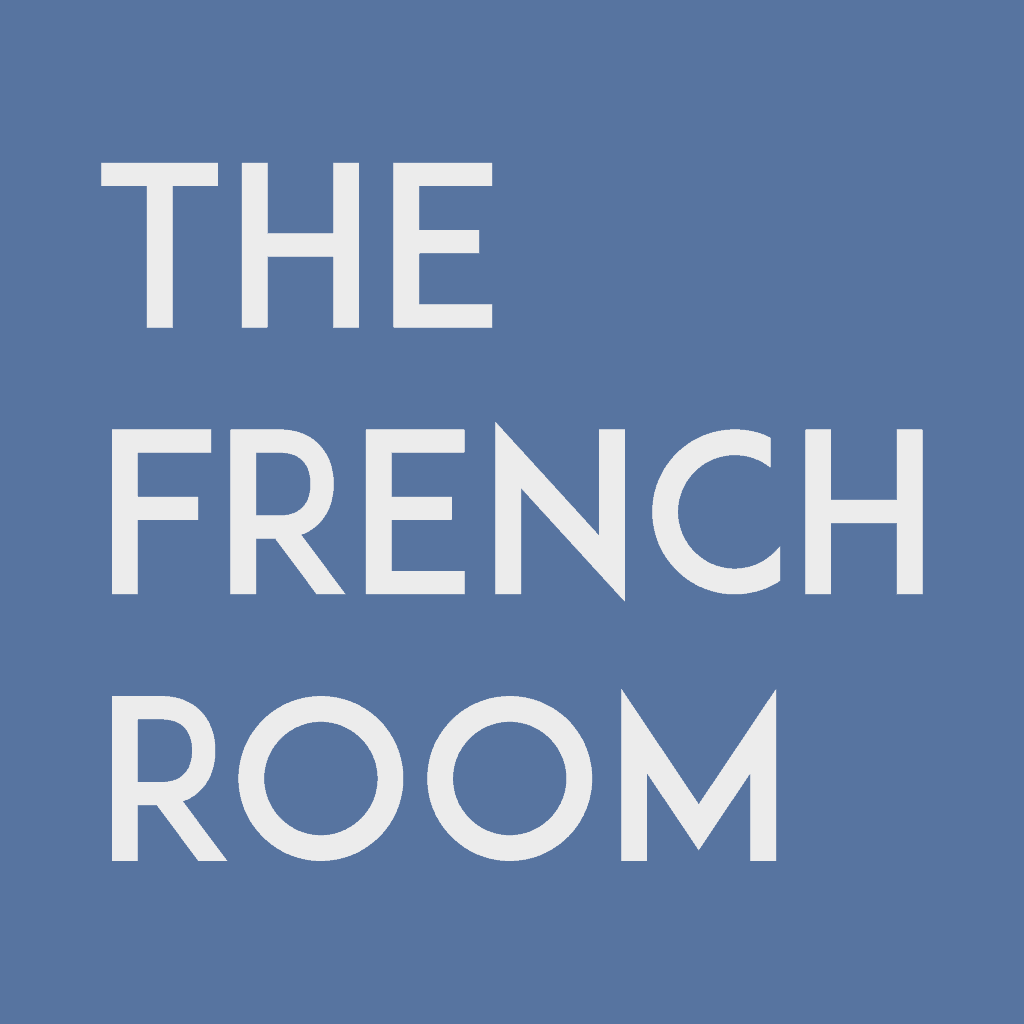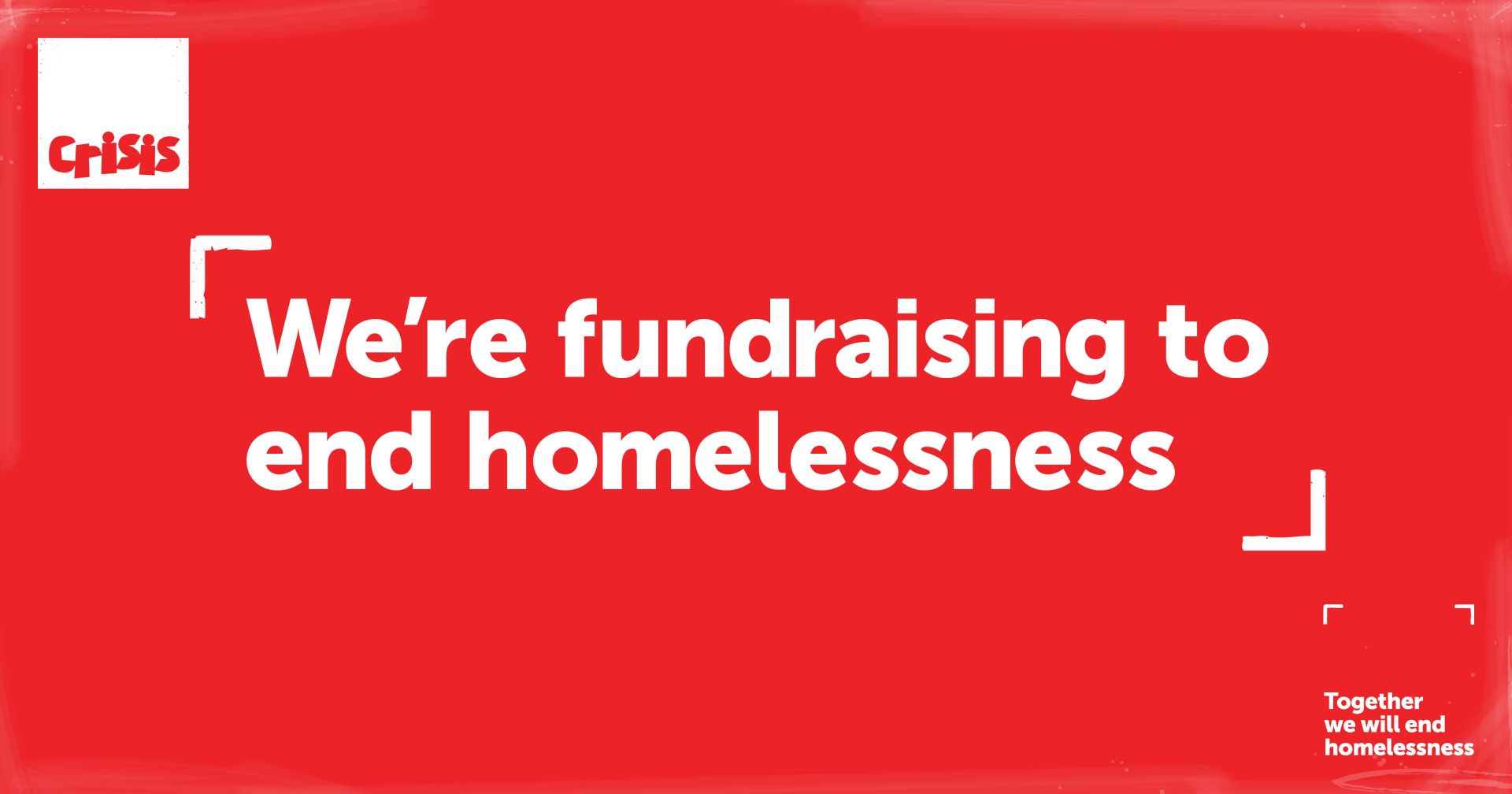This article gives you some guidelines for getting this right more often.
One popular tactic is to say that every word ending in "e" is feminine (la). But there are far too many words that end in "e" that turn out to be masculine, making this approach difficult to use with any degree of accuracy.
Another is to try to assign an actual gender to an object. So women wear dresses so "une robe" but where do you go when the word for shirt is "une chemise" and the word for beard is "une barbe"?
Hold on all those words end in "e" and are feminine. That rule does work! Well it does for some but what about "un risque", "un geste", " un casque", "un degré" and so on.
Of course you could just hedge your bets and begin a sentence by calling a house "une maison" and finish the sentence by referring to it as "un maison" succeeding in covering both bases and being right 50% of the time! But that sounds like too much hard work plus never really knowing if you got the right gender for a word isn't very satisfying.
Some rules that you can rely on - Masculine and feminine in French isn't as hard as you think!
The first thing to know about whether a word is masculine or feminine in French is to know that it is depends on how a word is spelt not on its meaning.
So a question is "une question" but questionning is "un questionnement". But why? It's the spelling that makes the difference, words that finish with "ion" are always feminine and nouns ending in "ment" are always masculine.
The examples below will give you some starters for ten to get you going on the path to confidently choosing the right gender for a word, even if you don't know its meaning. To remember and fully embed these simple rules, I would suggest that you expand on the lists below by looking up and noting words from a dictionary.
As this is French, there are bound to be exceptions to these rules if you look hard enough. Please do share your lists of words with me.
5 word endings that are always feminine
Une station, une profession, une communication, une télévision, une notion, une édition, une suggestion, une session, une décision etc
French words ending in "ette" are feminine
Une baguette, une trottinette, une mobylette, une étiquette, une musette, une sucette, une pipelette, une pirouette, une maquette, les toilettes, une fourchette, une serviette etc
French words ending in "esse" are feminine
La tristesse, la fesse, la finesse, la jeunesse, la duchesse
French words ending in "rie" are feminine
La boulangerie, la papeterie, l'épicerie, la librairie, la poissonerie, la connerie, la déchetterie, la drôlerie etc
French words ending in "ique" are feminine
La dynamique, la logique, la diagnostique, la péripherique, la technique, la syntechnique. la numerique etc
5 word endings that are always masculine
Le cyclisme, le culturalism, le féminisme, le capitalisme, l'héroisme, le conventionalisme, le communisme, le nationalisme etc
French words ending in "age" are masculine
le village, le montage, le sondage, le sabotage, le bronzage, le camouflage, l'emballage, le gonflage, le jardinage, le langage etc
But there are exceptions - la plage, une image
French words ending in "aire" are masculineUn millionaire, le nucléaire, un célibataire, un funiculaire, un fonctionnaire, un secrétaire, un gestionnaire etc
French words ending in "eau" are masculine
Un bureau, un drapeau, un bateau, un oiseau, un couteau, un réseau, le carreau
French words ending in "ment" are masculine
Le gouvernement, le monument, le médicament, le moment, le logement, le comportement, le soulagement, le remplacement etc


